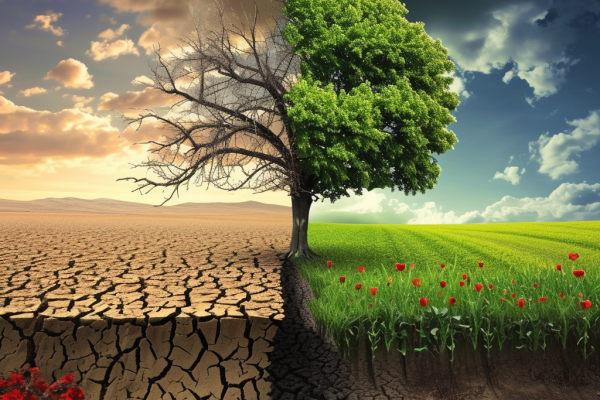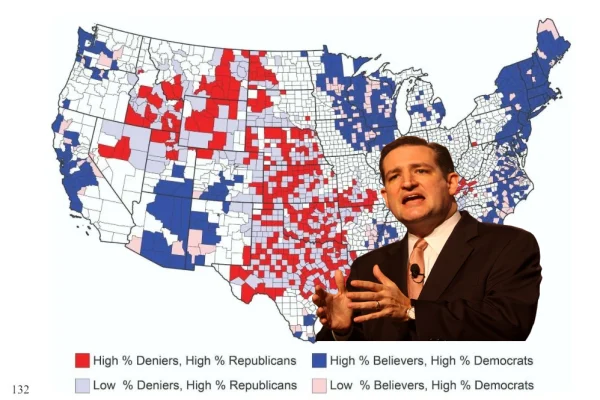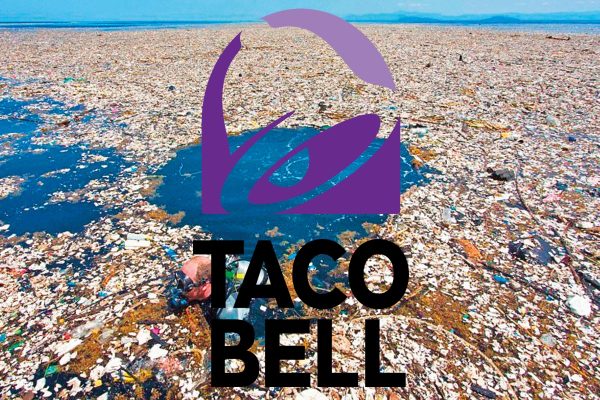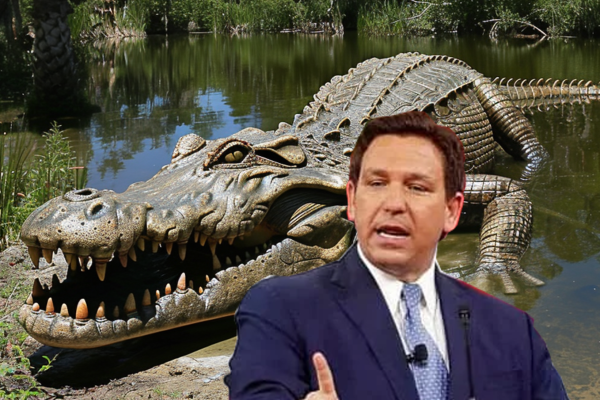
New Study: Climate Jenga, How Close Are We Really To Tipping Points
Imagine you’re playing a game of Jenga. You know that if you pull out too many blocks, the tower will eventually fall. Climate change is kind of like that Jenga tower. If we push it too far by heating up our planet, we could trigger something called “tipping points,” where the environment changes so drastically…









